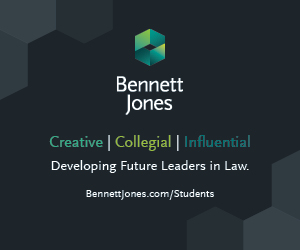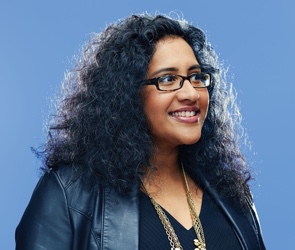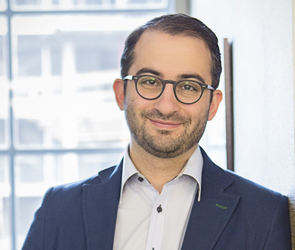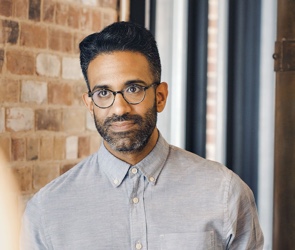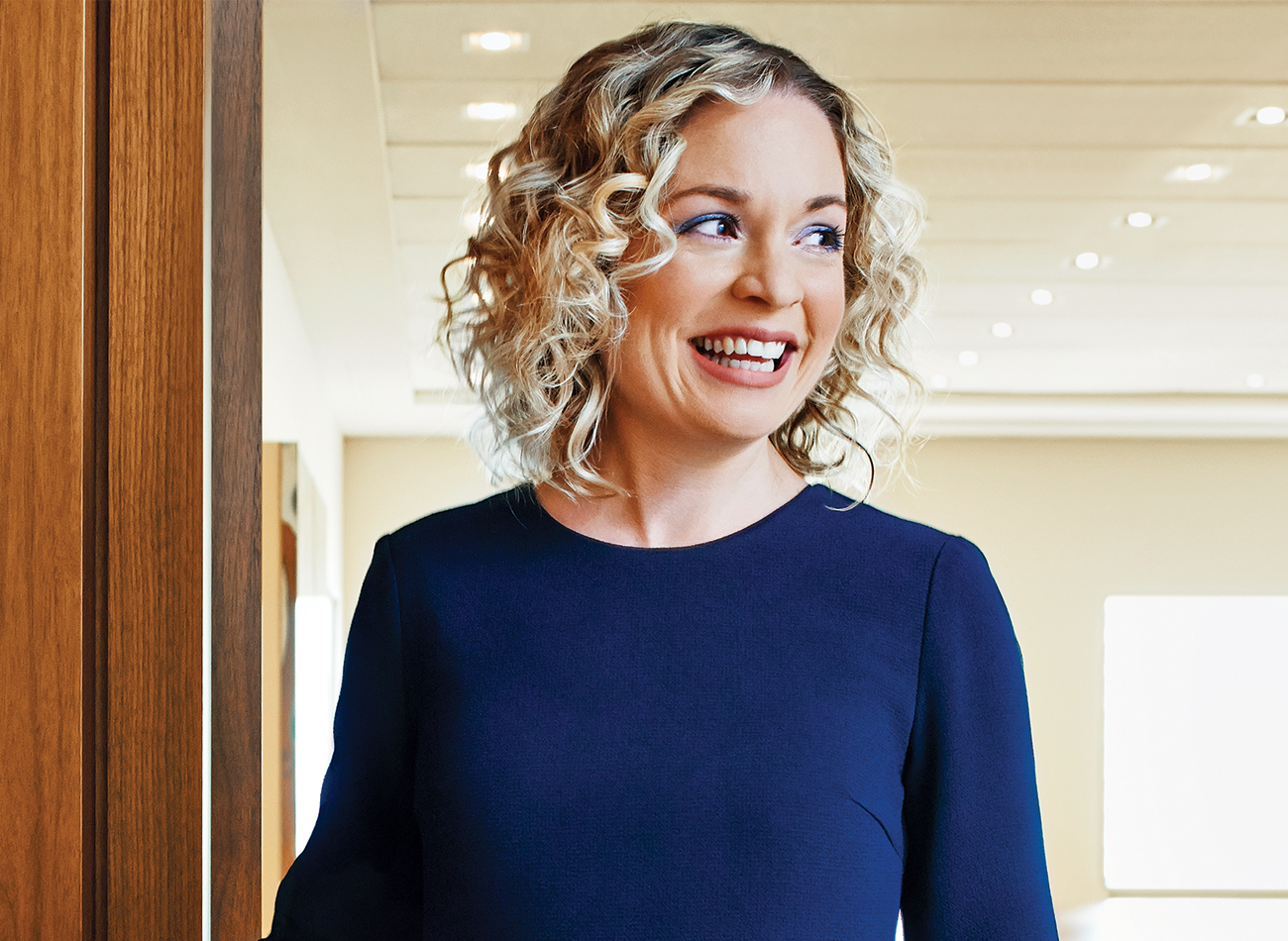
When Amanda McLachlan launched her legal career in the litigation group at Bennett Jones LLP, she rolled up her sleeves. No matter what the task, she handled it with care. As a junior litigator, she spent most her time on legal research and document review. But she worked hard. And, over time, McLachlan earned a reputation as someone who always produced thoughtful, diligent work.
This served her well. Today, McLachlan plays an integral role on some of the firm’s largest corporate lawsuits, ranging from securities and fraud investigations to shareholder disputes and complex insolvencies. Most recently, McLachlan was part of a team that represented bondholders in one of the largest bankruptcies in Canadian history. If this sounds like the track record of a senior partner, think again. McLachlan is an eighth-year associate. Here, the 36-year-old tells us how she built herself into an awe-inspiring litigator at light speed.
What type of litigation do you practise?
McLachlan is a corporate litigator, with a focus on securities, fraud and employment. Most of her clients come from the world of business and finance. And it’s her job to help them when they get in trouble. The government might accuse them of flouting securities regulations; other times, there are allegations of fraud.
“The job is fast-paced and high-stakes,” says McLachlan. “I have to understand the problem quickly, so I can provide advice on how to minimize the impact on their business.”
What’s your first step after taking on a new case?
“I have to collect the facts,” says McLachlan. Quite often, to do that, she has to conduct internal investigations into her own clients. “Let’s say an employee of a client has been accused of fraud,” she says. “I have to find out if those charges have merit. So I will take a deep dive into the allegation, scouring financial statements and interviewing key players.” This process often occurs at a fast pace, since the client has to issue responses and pleadings according to tight time restrictions.
This type of work takes nerve. In some cases, McLachlan has to coach CEOs through moments of crisis. “These circumstances are incredibly stressful to the client,” she says. “The stakes are high. I have a responsibility to get things right.”
What is a typical day like?
In truth, there is no typical day. McLachlan might be meeting with a client to talk strategy or with a regulator. Or she’ll be reading up on the latest developments in the law. “I actually love legal research,” she says. “It’s especially fun in the world of corporate law. There aren’t always obvious precedents, so I have to stay engaged.”
How often does a case end up in court?
“Litigation is extremely expensive, so most large cases settle,” says McLachlan. “More often than not, we are able to find a solution before trial, in negotiations or at arbitration. This means that I spend a lot of my time on written advocacy — opinion letters, memos, affidavits and written arguments.”
So when do you end up in court?
“I’m often in court for emergencies,” she says. For instance, if a client suspects an employee is skimming from the business, then McLachlan has to act fast. “I would try to get before a judge as quickly as possible to freeze the alleged fraudster’s bank account. Those moments definitely keep things exciting!”
What would your advice be to a student who is interested in litigation?
“Don’t be too quick to limit yourself to a specific practice area,” says McLachlan. “Most successful litigators today started out with a broad practice. The more you know about a range of areas, the better off you’ll be in your career.”

Sponsored


